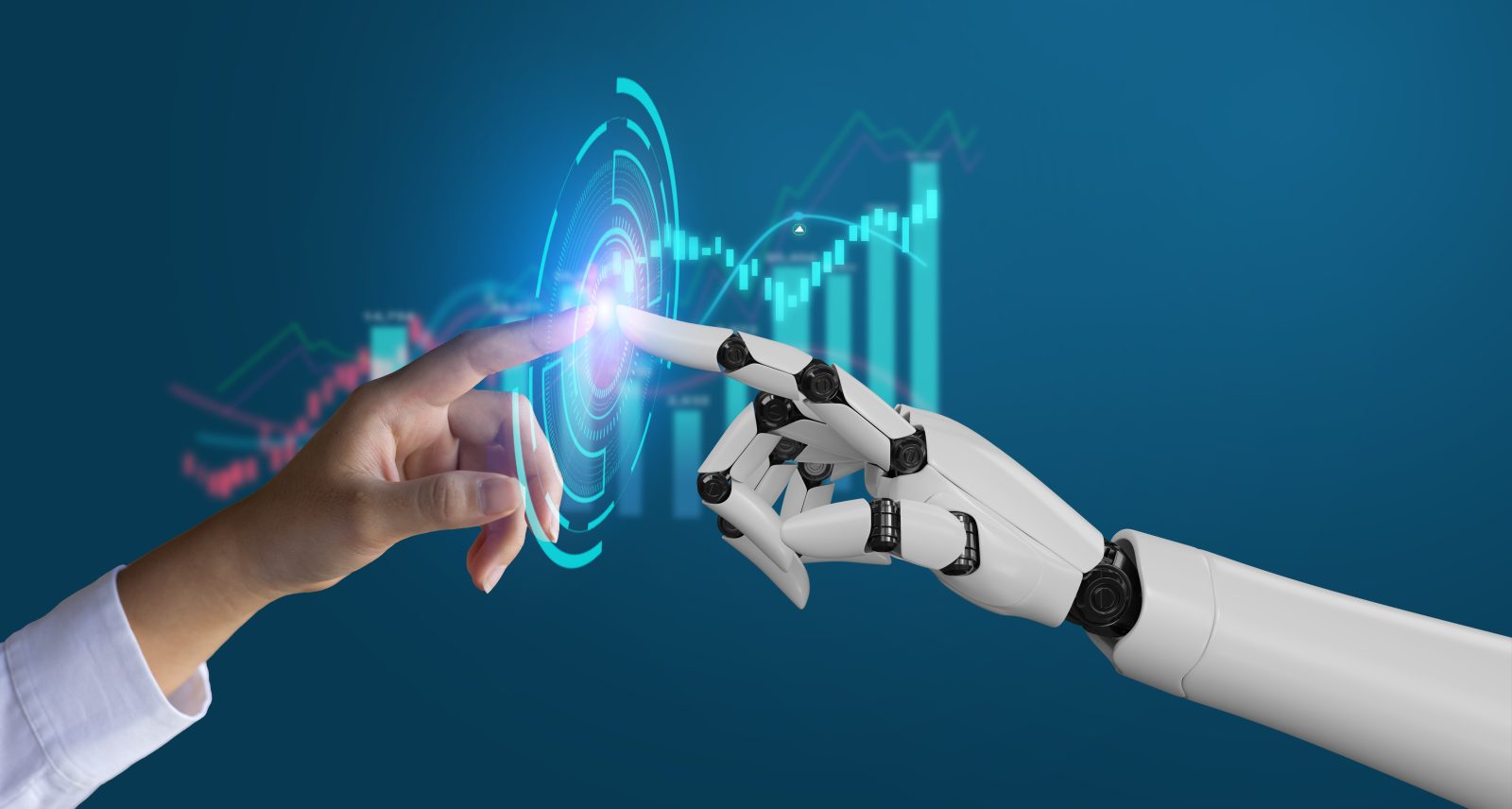It’s safe to say that every aspect of human existence has been altered by the advent of artificial intelligence (AI). It has enhanced our capacity to process enormous volumes of data rapidly and accurately, leading to breakthroughs in industries as diverse as healthcare and finance. However, as our reliance on AI grows, we must not lose sight of the potential repercussions of ignoring the human factor. The phrase “Humanity First” comes up in this setting to stress the need to moderate the efficacy of AI with genuine human interaction and empathy. In this essay, I’ll discuss why it’s crucial for AI researchers and developers to keep humanity in mind as they work to improve the technology. We’ll talk about what it means to put artificial intelligence (AI) ahead of human connection and the dangers that could arise as a result. It’s important to find a happy medium between AI’s impressive capabilities and the value of interpersonal relationships if we want to build a future where technology actually improves people’s lives and society.
Excellent Form
It’s tempting to believe that we can automate our way out of most problems in life as technological progresses at a dizzying rate. We can look forward to a world where self-driving cars, chatbots, and robotic helpers handle all the work so that people have more time for play. There is a risk that, in our haste to realize this future, we will fail to appreciate the value of people.
Empathy, intuition, creativity, and emotional intelligence are all examples of the human factor because they are traits that cannot be copied by computers. It’s what sets us apart as human beings and what often creates the difference between success and failure in endeavors like leadership, customer service, and creativity.
This essay will discuss the significance of people and why we can’t afford to ignore them as we increase our reliance on technology.
Leadership: Recognizing the Value of Individuals
It’s commonly believed that leaders need to be confident, decisive, and analytical thinkers. While these traits are necessary for success in leadership, they are not sufficient on their own. Emotional intelligence, empathy, and the capacity to connect with team members on a deep level are also hallmarks of great leaders.
Leaders who don’t put people first typically find it difficult to motivate their teams or build relationships with them. Instead, leaders who put people first are more likely to foster an atmosphere where everyone contributes and feels appreciated.
Human Touch: It’s Essential in Customer Service
With the advent of chatbots and other forms of automated customer care, dealing with consumer enquiries and complaints has become much simpler for businesses. While these methods have their uses, they typically aren’t up to tackling issues that are both complex and emotionally intense.
The human factor is crucial in these kinds of crises. Customers wish to be listened to, comprehended, and appreciated. They want reassurance that their problem is being addressed and that their concerns are being heard. A human customer service representative, on the other hand, may empathize with the caller, provide tailored answers, and leave them feeling satisfied.
The Role of People in the Creative Process
One common way to describe innovation is as a series of failed attempts to implement a novel concept. While this is true, it is essential that we not discount the part that humans play in creating new ideas.
Curiosity, originality, and the capacity to see patterns where none exist are typically the driving forces behind breakthrough innovations. While computers are helpful for things like data processing and modeling, they can’t replace the creative thinking of humans.
The Value of a Human Touch in an Age of Technology
While people are still crucial, we can’t discount the potential of technology to help us succeed. Finding a happy medium between the two is essential.
A corporation that uses only automated customer support systems, for instance, may discover that its clients feel unappreciated and unsatisfied. However, a business that invests in technology to bolster the abilities of its customer service agents may discover it can deliver superior service on an individual basis.
Similarly, a business that doesn’t include technology into its creative process risks slipping behind the pack. However, a business that successfully merges technological prowess and human ingenuity may discover that it may produce truly original concepts.
Each company has its own set of needs and objectives that must be taken into account when trying to strike the correct balance between the human element and technology. There is no silver bullet, only trial and error with constant assessment and fine-tuning.
In conclusion, it is vital to put humanity first as we advance the development and integration of artificial intelligence in our lives and society. AI has the ability to change industries and improve our lives, but it must be tempered by human connection and compassion to achieve its full potential. Emotional acuity, empathy, and moral principles should not be overlooked as we advance artificial intelligence. We can prevent AI from being used to replace humans and instead use it to enhance their abilities if we follow these steps. In the end, we may create a future where technology is used to improve our lives and society by prioritizing humanity and human connection.

